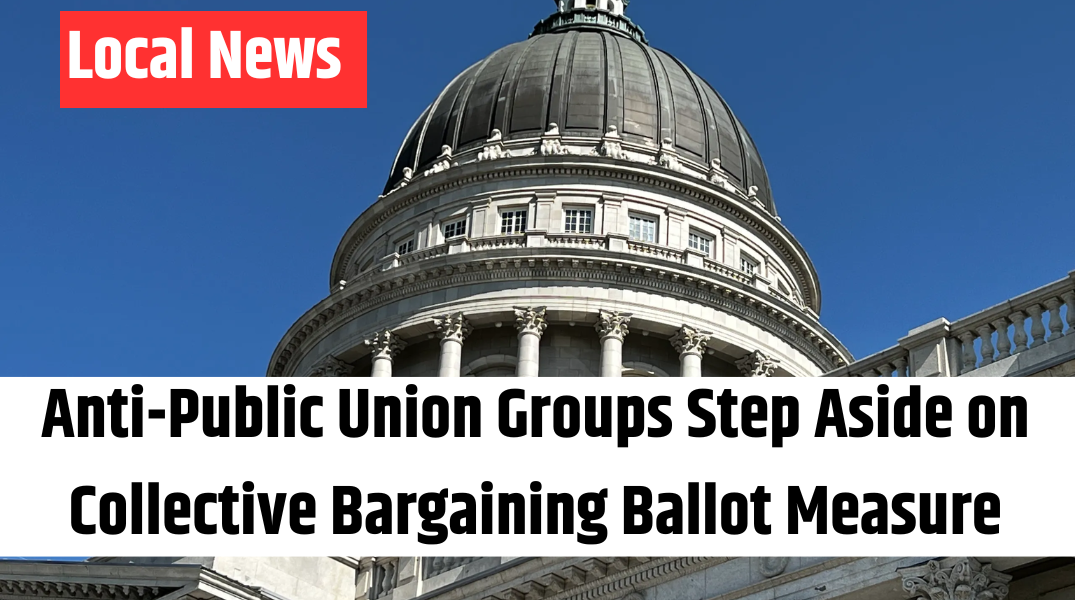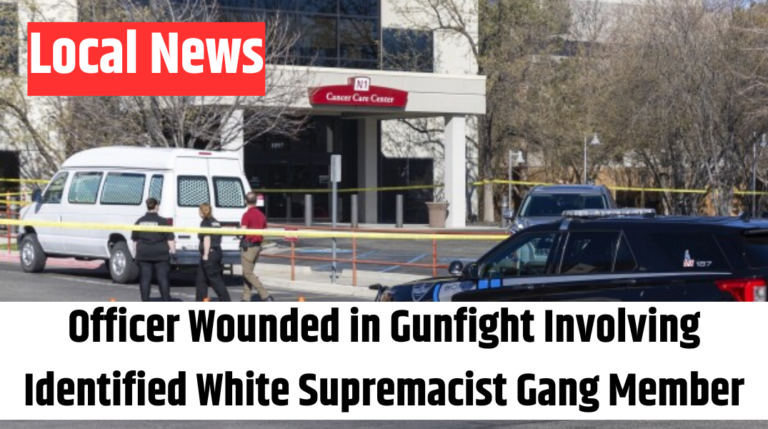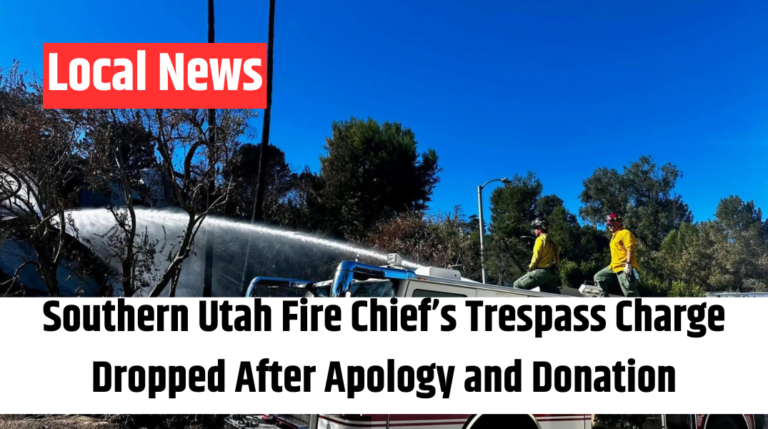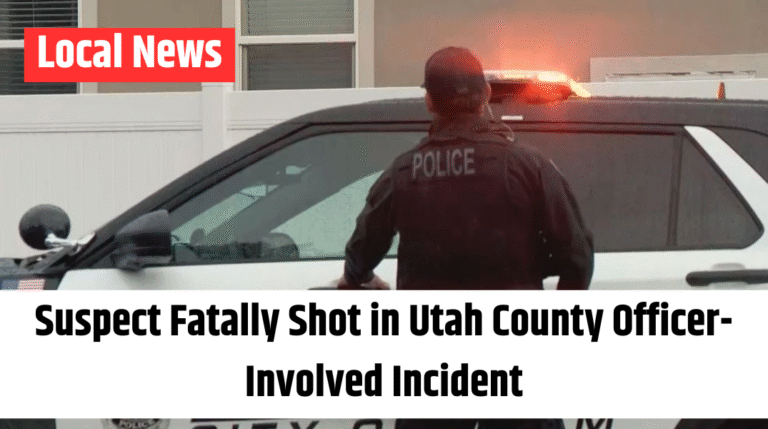
SALT LAKE CITY, Utah — Groups backing Utah’s recent law limiting collective bargaining rights say they are choosing not to challenge the signatures gathered to overturn the legislation. Instead, they’re preparing to take their case directly to voters in 2026.
Rather than attempt to rescind the referendum signatures aimed at repealing H.B. 267, Cole Kelley, who helps lead the fundraising for the opposition through Utahns for Worker Freedom, said the priority now is educating the public before the next general election.
“We’re turning our attention to the ballot and making sure voters understand what this law really means,” Kelley said in an interview with ABC4. “There could be others who try to undo the signatures, but that won’t be our focus.”
Kelley’s group is joined by Americans for Prosperity (AFP) and Utah Parents United (UPU), who also confirmed they will not push for signature rescission. These groups, all aligned in support of H.B. 267, have said their resources will be dedicated to public outreach instead.
Earlier this week, the labor coalition Protect Utah Workers surpassed the necessary threshold to qualify a referendum on the November 2026 ballot. The group submitted over 320,000 signatures, and as of April 28, more than 146,000 had already been verified. State law requires both a total of 140,768 valid signatures and 8% of registered voters in at least 15 of Utah’s 29 Senate districts. The Lieutenant Governor’s Office has until June 23 to officially certify the referendum.
Kelley acknowledged the effort by labor groups was successful in securing a spot on the ballot. “They cleared the hurdle—and then some,” he said. “But we trust Utah voters. Once they’re informed about what H.B. 267 actually does, we believe they’ll vote to keep it in place.”
When asked whether legislators might consider repealing H.B. 267 themselves to avoid a statewide vote, Kelley said different tactics had been discussed but no formal decision had been made. “It’s been talked about, but we’re committed to voter education leading up to 2026,” he emphasized.
Kelley said that various conservative-aligned organizations, including AFP and UPU, have played a role in developing the current strategy. He also named Jason Powers, the creator of the Political Issues Committee (PIC) opposing the repeal, and mentioned that the law’s sponsor, Representative Jordan Teuscher, had been part of earlier strategy conversations. However, Teuscher later clarified that he had not been actively involved in the anti-referendum efforts.
PICs are required under Utah law to disclose financial contributors to ballot initiatives. As of now, the anti-repeal PIC has not reported any donations. Still, Kelley noted that AFP and UPU had funded public awareness efforts through campaigns like “Decline to Sign.”
H.B. 267, officially titled the “Public Sector Labor Union Amendments,” was passed by the Utah Legislature in early February and signed into law by Governor Spencer Cox on February 14. The law sparked strong reactions, prompting labor advocates to begin their repeal campaign in March.
With the referendum now on track for the 2026 ballot, both sides are gearing up for a high-stakes campaign to sway Utah voters




